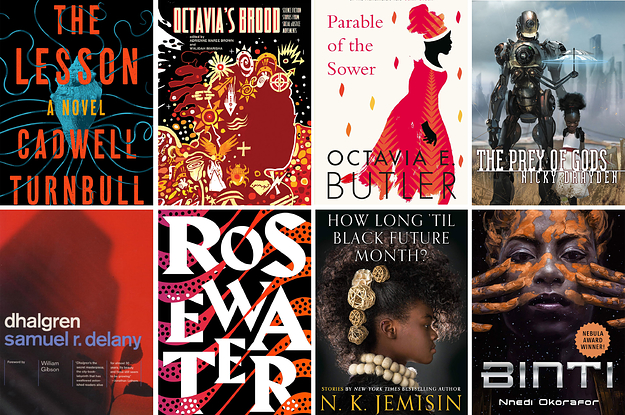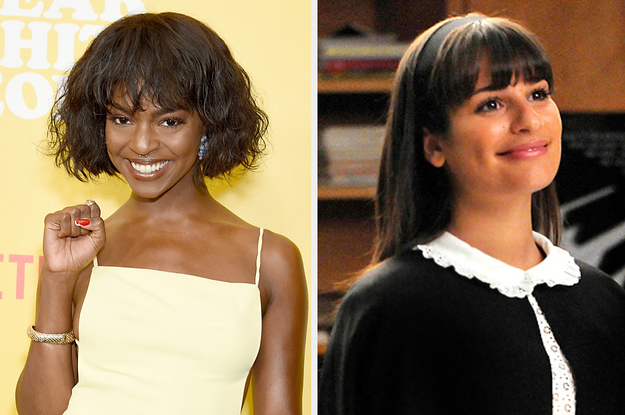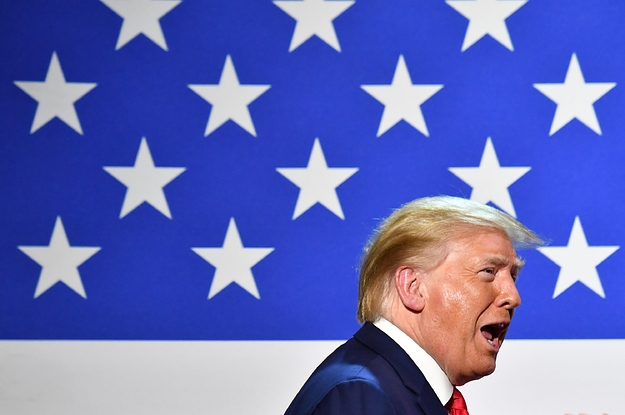Category: Viral
Category Added in a WPeMatico Campaign
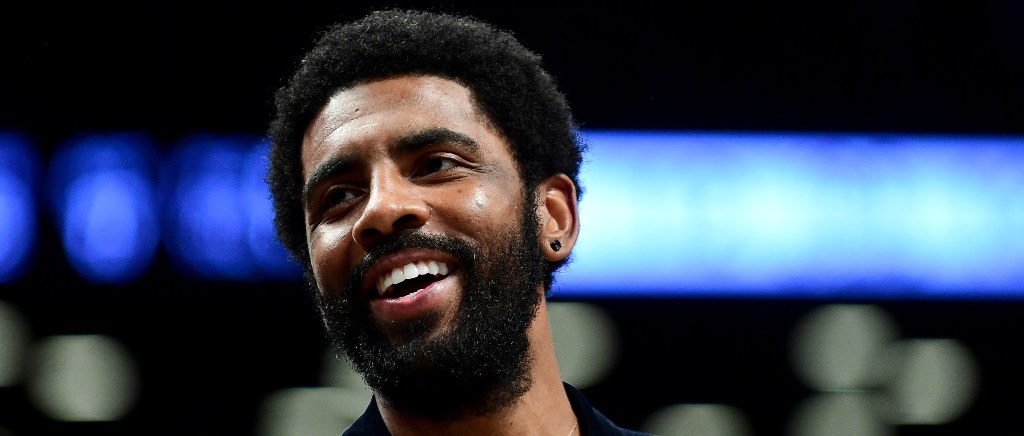
Last week, the NBA and the NBPA voted to approve the proposed plan to resume the season in late July, with all personnel involved slated to be under quarantine protocols for up to three-and-a-half months in a bubble location at the Disney World Resort in Orlando.
However, a significant number of players have reportedly cooled in that idea, citing various concerns about both the safety measures that will be necessary to do so responsibly, as well as the implications of distracting attention from the ongoing protests that have gripped the country in a renewed fight for equal justice following the death of George Floyd at the hands of police.
Kyrie Irving hosted a conference call with approximately 80 players via Zoom on Friday night to discuss their concerns about the restart, including what it would look like — individually and collectively — to opt out of participating in Orlando later this summer. According to Shams Charania of The Athletic, Irving reportedly came out against the restart, in part insinuating that it would distract from the Black Lives Matter movement across the country.
Kyrie Irving told NBA players on call Friday, sources tell @TheAthleticNBA @Stadium: “I don’t support going into Orlando. I’m not with the systematic racism and the bullshit. Something smells a little fishy.”
— Shams Charania (@ShamsCharania) June 13, 2020
Irving himself has said previously that he won’t suit up for the Nets when the season resumes, as he is still rehabbing from an injury that required season-ending surgery earlier this year. Because of that, Irving would still receive pay. Other healthy players who decline to join their teams in the restart, however, would not, which puts a disproportionate amount of pressure on the league’s lower-tier players, a disparity that Irving also addressed.
Sources: It was a wide-ranging call with 80 or so NBA players, and multiple voices. Kyrie, CP3, Melo all vocal.
One quote from Kyrie: “There’s only 20 guys actually getting paid, and I’m part of that. Let’s not pretend there’s not a tiered system purposely to divide all of us.”
— Jeff Goodman (@GoodmanHoops) June 13, 2020
In the reports trickling in immediately after the call, it remained unclear if there was anything resembling a consensus among the rest of the players involved, although the WNBA has apparently decided to follow the NBA’s lead on this.
Yahoo Sources: Players offered different perspectives with some in favor of not returning-to-play and those citing financial ramifications as a reason for a season resumption. The WNBA players spoke on their league issues and vowed to stand in unity with the NBA players.
— Chris Haynes (@ChrisBHaynes) June 13, 2020
Many have pointed out that a unified stance against resuming the season could ultimately constitute a lockout and therefore a renegotiation of the current collective bargaining agreement, which would result in major financial implications and could delay the start of the following season. Irving, however, expressed his own willingness to accept those consequences.
Kyrie on call with players: “I’m willing to give up everything I have (for social reform),” per @ShamsCharania https://t.co/nSlWOl7Bkm
— Bleacher Report (@BleacherReport) June 13, 2020
Still, it remains unclear what will come of Friday night’s conference call, as the planned restart has suddenly been called into question despite what had previously looked like widespread agreement among both the league and the players.
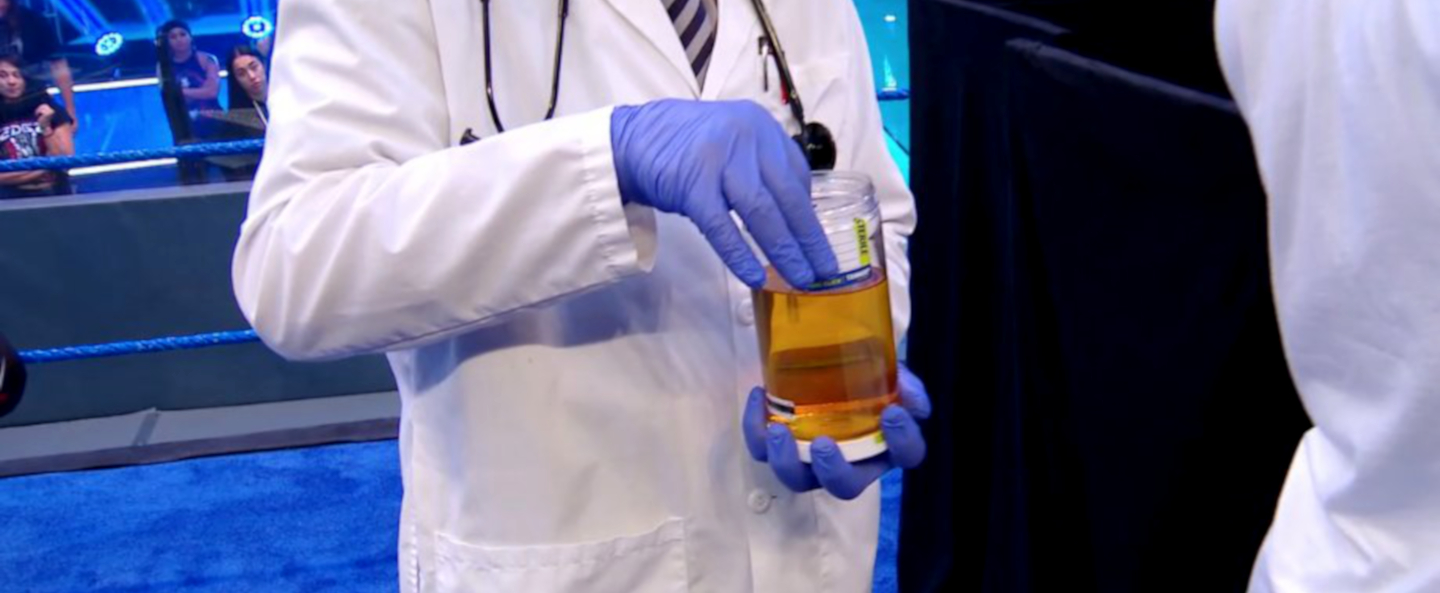
Here are your quick and dirty, editorial-free WWE Friday Night Smackdown results for June 12, 2020. This week’s show featured Jeff Hardy losing his patience with Sheamus, Daniel Bryan and AJ Styles fighting for the Intercontinental Championship, and more. Make sure you’re here tomorrow for the complete Best and Worst of Friday Night Smackdown column.
WWE Friday Night Smackdown Results:
— The show started with the contract signing between Sheamus and Jeff Hardy. Sheamus was accompanied to the ring by a doctor and a bunch of security guards carrying a black privacy screen. Jeff Hardy came out by himself. Sheamus insisted that Hardy take a urine test to prove he’s not on drugs. Hardy spoke emotionally about struggling with his addiction, and agreed to the test. With the doctor supervising, Jeff went behind the screen and filled a cup with urine. Sheamus continued to belittle Hardy while the doctor took a sample for the test, and then Jeff threw the cup of urine in Sheamus’s face.
— After a commercial, Sheamus was seen washing his face, when the doctor came in and told him that Jeff Hardy passed the test.
.@WWEBigE & @TrueKofi battle @ShinsukeN & @WWECesaro right now on #SmackDown. pic.twitter.com/7jY2CIzQLz
— WWE (@WWE) June 13, 2020
— Big E and Kofi kneeled in the ring with their fists raised before their match.
1. Shinsuke Nakamura and Cesaro defeated the New Day. Shinsuke countered Kofi’s frog splash and rolled him up for the pin.
— Backstage, Otis was blindfolded so that Tucky could test his other senses in advance of their six-man tag match later tonight with Braun Strowman against Miz, Morrison, and Dolph Ziggler. Mandy Rose brought Otis his Money in the Bank briefcase and wished him good luck.
2. Intercontinental Championship Tournament Finals: AJ Styles defeated Daniel Bryan to become Intercontinental Champion. After a long and intense match, AJ hit the Phenomenal Forearm to pin Bryan.
— After the match, Renee Young asked AJ about winning the IC Title for the first time. AJ reasserted that he’s phenomenal.
— Braun Strowman said that Miz and Morrison will Get These Hands tonight, but he’ll also go after Otis and Tucker if they try anything funny involving the MITB Briefcase.
#SmackDown @itsBayleyWWE @SashaBanksWWE @NikkiCrossWWE @AlexaBliss_WWE @PeytonRoyceWWE @BillieKayWWE pic.twitter.com/jzR3rPaf4o
— WWE (@WWE) June 13, 2020
— The ring and arena were filled with balloons for a Women’s Tag Team Championship celebration. Bayley and Sasha entered and took a selfie in front of Michael Cole without including him in the picture. They got in the ring and talked about how great they are and what a good friendship they have. Bayley was about to read a poem she wrote for Sasha, when Alexa Bliss and Nikki Cross interrupted. As soon as they got in the ring, the IIconics appeared on the screen and declared that they’re going to win on Sunday. Alexa and Nikki attacked Sasha and Bayley and threw them out of the ring while the IIconics laughed on the screen. As the segment ended, Bayley screamed, “We’ll see you on Sunday!”
— Miz and Morrison introduced their new music video, but it was quickly interrupted by Braun Strowman’s entrance.
— A video package covered Matt Riddle’s history and promised he’ll debut next Friday.
3. Braun Strowman and Heavy Machinery defeated Dolph Ziggler, Miz and Morrison. Otis abandoned the match to run backstage when King Corbin appeared on the screen and was seen approaching and attempting to flirt with Mandy Rose. Otis attacked Corbin and had to be pulled off him by officials. He later returned to the match, bringing Mandy with him. Otis pinned Ziggler after a Caterpillar Elbow.
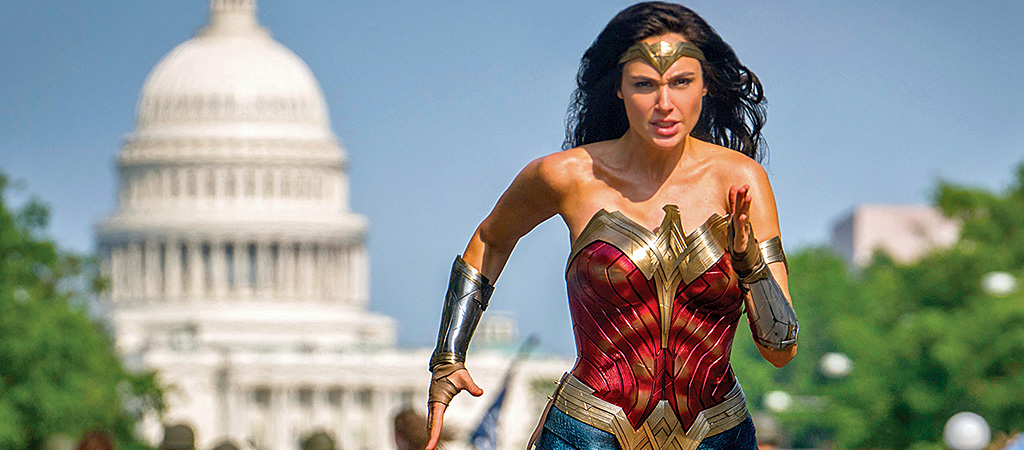
As is often the case these days, one delay in the movie industry soon begets another as the entertainment world tries to emerge from its coronvirus-created slumber and reimagine itself as a place where people safely go to the movies again. Friday night gave us news that Christopher Nolan’s Tenet would be pushed to the very end of July, and word quickly followed that another huge box office attraction in the DC Universe would also see its release date pushed back.
This one, however, would send an 80s period piece even further back into the fall of 2020. As Deadline reported on Friday, Wonder Woman 1984‘s already-delayed August 14 release date will now shift to October 2.
With Disney’s The One and Only Ivan and Wonder Woman 1984 off Aug. 14, that leaves the weekend up for grabs. Hmmm, Mulan move, anyone? If that movie wanted to still go on July 24, it wouldn’t be out of the ordinary; Disney has already built up the pic’s brand with extensive advertising earlier this year. Many in distribution circles have told me that whenever Disney wants Mulan to go, they just need to flick a switch.
Wonder Woman 1984 was originally slated to hit theaters earlier in the year, messing up a number of promotional tie-ins in the process. But the move is, as Deadline suggested, likely to see a cascade of other release dates pushed around as well.
Wonder Woman 1984 is apt to stir up more release date changes. Paramount has their Tom Clancy feature Without Remorse starring Michael B. Jordan on that date. Universal also has the Amblin Tom Hanks sci-fi movie Bios.
Either way, the news wasn’t outwardly disappointing to Wonder Woman star Gal Gadot, who tweeted about the release date change on Friday night promising fans the sequel will be “worth the wait.”
The new release date for WW84 is 10.2.20. Wow,it’s finally happening, & I couldn’t be more excited!To all the fans that stuck w/ us through this time, thank u so much! We couldn’t have done this w/o you.I’m so excited for you to get to see this #WW84, it will be worth the wait
pic.twitter.com/GCU0tcpqHT
— Gal Gadot (@GalGadot) June 12, 2020
Tenet, of course, was slated to appear on the 10th anniversary of Nolan’s Inception box office release, but was pushed two weeks as theaters around the country hope they can be open in time for the extremely secretive blockbuster. We’ll see if any of these dates stick this time but, either way, adjust your calendars accordingly.
Many young Somalis have come out to protest the police killing of George Floyd, but some of their immigrant parents just don’t understand why their children see it as their battle.



